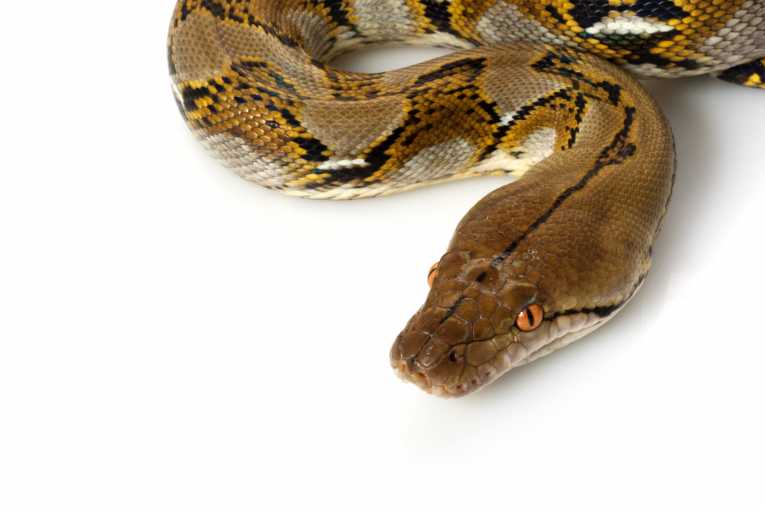The Animals Committee of the Convention on International Trade in Endangered Species of Wild Fauna and Flora (CITES) met in Geneva on July 22 to discuss how to control the booming - and at times illegal - wildlife trade. Delegates from 50 countries focused on the effects of trade on 3 snake species and 20 other at-risk species, and made recommendations for monitoring their trade.
Unsustainable wildlife trade not only devastates local ecosystems, it also causes great suffering to individual animals and can introduce invasive species that damage ecosystems abroad. Further, it can deprive local people of their natural resources.
The 3 snake species of primary concern included the oriental rat snake, the reticulated python, and the Indonesian cobra, all used in luxury products like handbags and boots, according to CITES. The disappearance of these snakes from their native habitats brings dramatic social as well as environmental consequences. Snakes prey on animals that eat crops, so as snakes disappear, the agricultural industry and economy would suffer along with the ecosystem. The committee supported heightened control of snake breeding establishments and closer monitoring of the skin trade supply chain.
In addition to snakes, long-tailed macaques - the most frequently traded species in live form - and sharks raised particular concern. The long-tailed macaque is often traded for biomedical research. The practice of shark finning has seriously threatened shark populations over the past decade, due to increased demand for shark fin soup. Experts supported a review of the International Plan of Action for the Conservation and Management of Sharks, from the Food and Agriculture Organization of the United Nations, to ensure accurate assessments and management of shark populations. Chameleons and frogs from Madagascar and seahorses from Southeast Asia held priority as well. The CITES committee focusing on animals also requested an assessment of sturgeon and paddlefish populations in the Caspian Sea.
Many at-risk species hailed from Southeast Asia, due to the high level of biodiversity in the region. China, southeast Africa, and the eastern European Union remain wildlife trade hubs as well. Disadvantaged people sometimes trade wildlife to meet their short-term needs when they seem to have no better alternative. Larger traders import greater quantities of live or dead animals to wealthier nations for a much higher profit.
Administered by the United Nations Environmental Program, CITES is an international agreement to monitor the status of wildlife worldwide.
Top Image Credit: Reticulated Python © Fivespots










